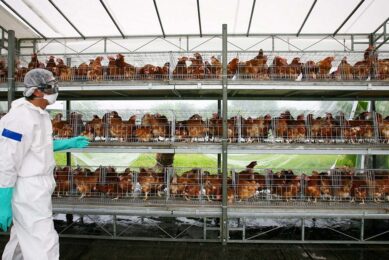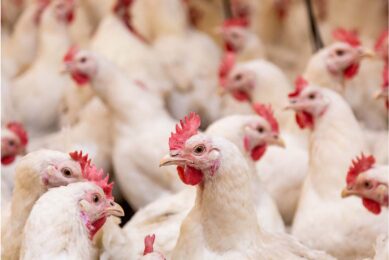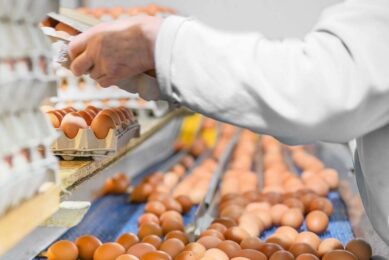Bird flu still a big risk in Indonesia
Shortfalls in Indonesia’s vaccination and biosecurity measures mean that bird flu is likely to continue spreading through the country’s poultry flocks, according to new research.
According to a leading Indonesian health industry member, people believe their poultry have been vaccinated against bird flu and are therefore safe, when in fact they are not.
Santoso Soeroso, the director of Sulianti Saroso Hospital, Indonesia’s main treatment centre for bird flu, said that local vaccination sometimes used substandard vaccines, and also noted the inability to evaluate the success of programmes due to the absence of an unvaccinated control group.
Santoso said that research carried out in Bali showed the province had a vaccine failure rate of 39 percent. It also indicated that a startling 60 percent of ducks had bird flu.
Bagoes Poermadjaja, the deputy director for animal disease monitoring at the Agriculture Ministry, acknowledged that only 60 percent of the country’s 300 million chickens and ducks had been vaccinated against bird flu.
“We lack the funds, human resources and capacity for early detection. We are still not giving adequate compensation for slaughtered birds and are having difficulty vaccinating backyard chickens,” he told the symposium.
He said there were also deficiencies in the biosecurity measures applied.
Biosecurity includes cage cleanliness and monitoring the movements of birds and chickens to prevent sick poultry being transferred from one area into another. Bagoes blamed weak coordination between the central government and regional administrations.
The government confirmed Wednesday a 5-year-old boy who died in March had bird flu, bringing the country’s toll to 49.
Santoso said that misdiagnosis or late detection had contributed to the high fatality rate, as the country does not have a rapid test for avian influenza.
Join 31,000+ subscribers
Subscribe to our newsletter to stay updated about all the need-to-know content in the poultry sector, three times a week. Beheer
Beheer








 WP Admin
WP Admin  Bewerk bericht
Bewerk bericht